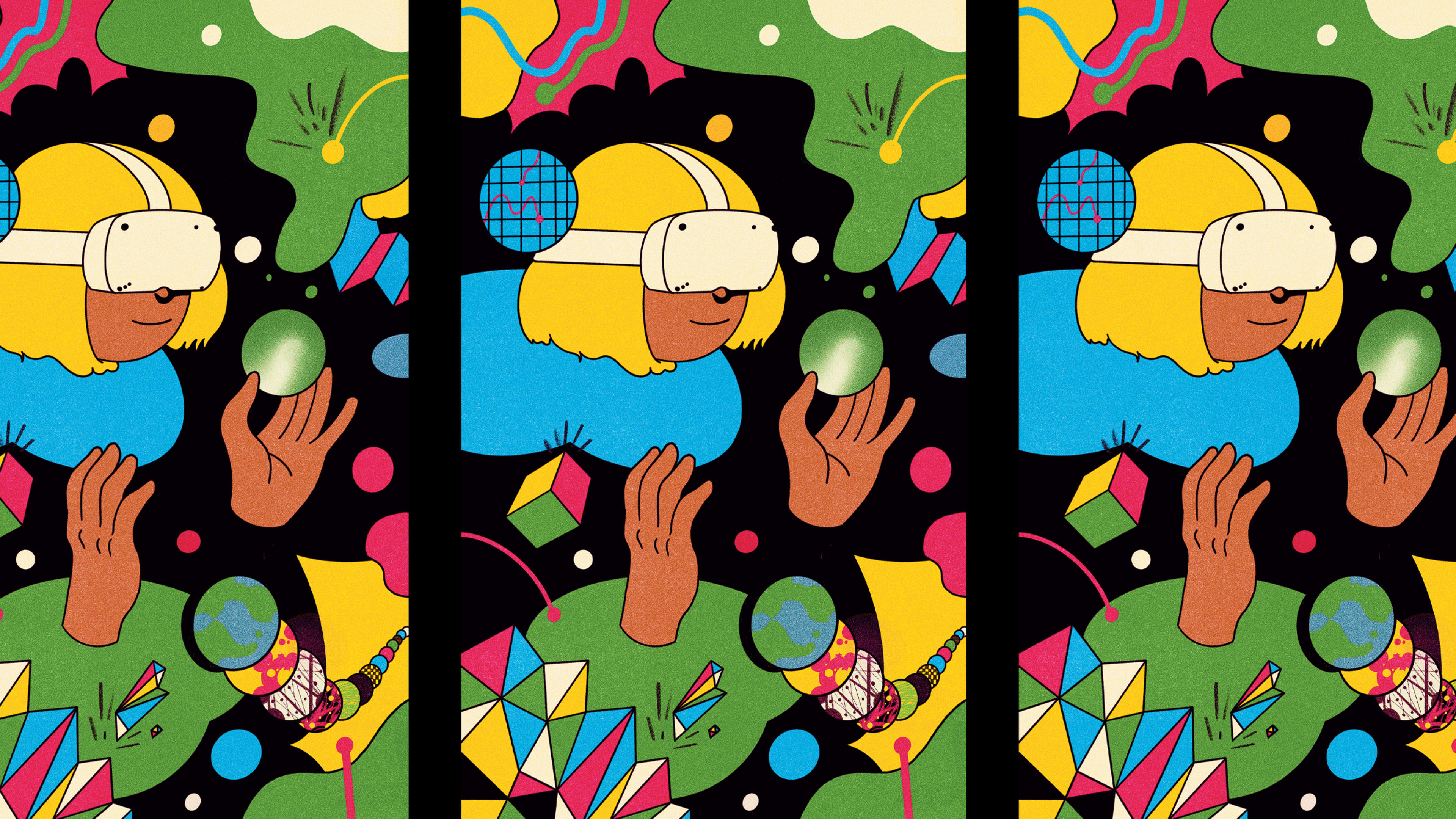This story is part of Fast Company’s Most Creative People in Business 2022. Explore the full list of innovators who broke through this year—and had an impact on the world around us.
While the word metaverse seems to be on everybody’s lips, Timoni West is actually living there, demonstrating how immersive computing environments can transform our real ones. West’s job at Unity, the $11 billion market cap software company that builds tools to create digital worlds, is to envision the spatial computing experiences that developers will want to build in the future and make sure that Unity’s 3D-rendering engine offers the tools and content to create them. Increasingly, the next big opportunity, West observes, is in the $3.2 billion market for “digital twins,” or real-time simulations of real-world things, such as factories, industrial machines, or airports. What makes these simulations different from the fictional worlds of games is real-time data. “You have to be able to cram in a truly unrealistic amount of real-time information and be able to [make the 3D world] react to it on the fly,” says West, who uses they/them pronouns. West’s experience in product and user-experience design at Flickr, Foursquare, and their own digital design firms has helped them steer their team to build “new pipelines for ingesting large volumes of information” within Unity’s development platform in order to help the company seize this opportunity. West was recently tapped to lead Unity’s work with several large airports to develop digital twins that show the actual traffic and flow of people in and around their facilities, helping them to predict future bottlenecks, and think through possible solutions. “You’re able to simulate what would happen if you added a different road or opened four lanes at security at a given time of day,” West says. “It’s a massive multiplayer game, but for the real world.”
Recognize your brand’s excellence by applying to this year’s Brands That Matter Awards before the early-rate deadline, May 3.
